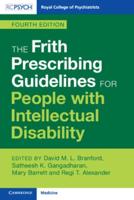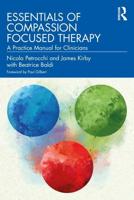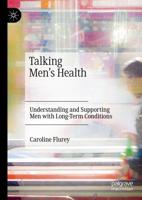Publisher's Synopsis
Building on the best-selling tradition of previous editions, Principles of Biomedical Ethics, Seventh Edition, provides a highly original, practical, and insightful guide to morality in the health professions. Acclaimed authors Tom L. Beauchamp and James F. Childress thoroughly develop and advocate for four principles that lie at the core of moral reasoning in health care: respect for autonomy, nonmaleficence, beneficence, and justice. Drawing from contemporary research-and integrating detailed case studies and vivid real-life examples and scenarios-they demonstrate how these prima facie principles can be expanded to apply to various conflicts and dilemmas, from how to deliver bad news to whether or not to withhold or withdraw life-sustaining treatments. Illuminating both theory and method throughout, Principles of Biomedical Ethics, Seventh Edition, considers what constitutes moral character and addresses the problem of moral status: what rights are due to people and animals, and when. It also examines the professional-patient relationship, surveys major philosophical theories-including utilitarianism, Kantianism, rights theory, and virtue theory-and describes methods of moral justification in bioethics. Ideal for courses in biomedical ethics, bioethics, and health care ethics, the text is enhanced by hundreds of annotated citations and a substantial introduction that clarifies key terms and concepts. NEW TO THE SEVENTH EDITION Ch. 1: A clarified and more concise treatment of the common morality and its distinction from both particular moralities and the broad descriptive use of the term "morality" Ch. 3: New sections on degrees of moral status and the moral significance of moral status Ch. 4: A revised section on the therapeutic use of placebos and expanded coverage of theories of autonomy and information-processing issues Ch. 5: New material on historical problems of underprotection and recent problems of overprotection in human subjects research Ch. 6: A new section on expanded access and continued access in research and a relocated and integrated discussion of surrogate decision making for incompetent patients Ch. 7: A distinction between traditional theories of justice and more recent theories like capabilities and well-being Ch. 8: A new section on clinical ethics and research ethics Ch. 9: A whole new section on virtue theory, which expands the account from Ch. 2 of the previous edition, and on rights theory Ch. 10: An extended and more in-depth discussion of the authors' theory of method and justification in bioethics A new Companion Website at www.oup.com/us/beauchamp featuring suggestions for effectively using the book in the classroom, possible syllabi and examination questions, additional readings, useful exercises, and cases for discussion











